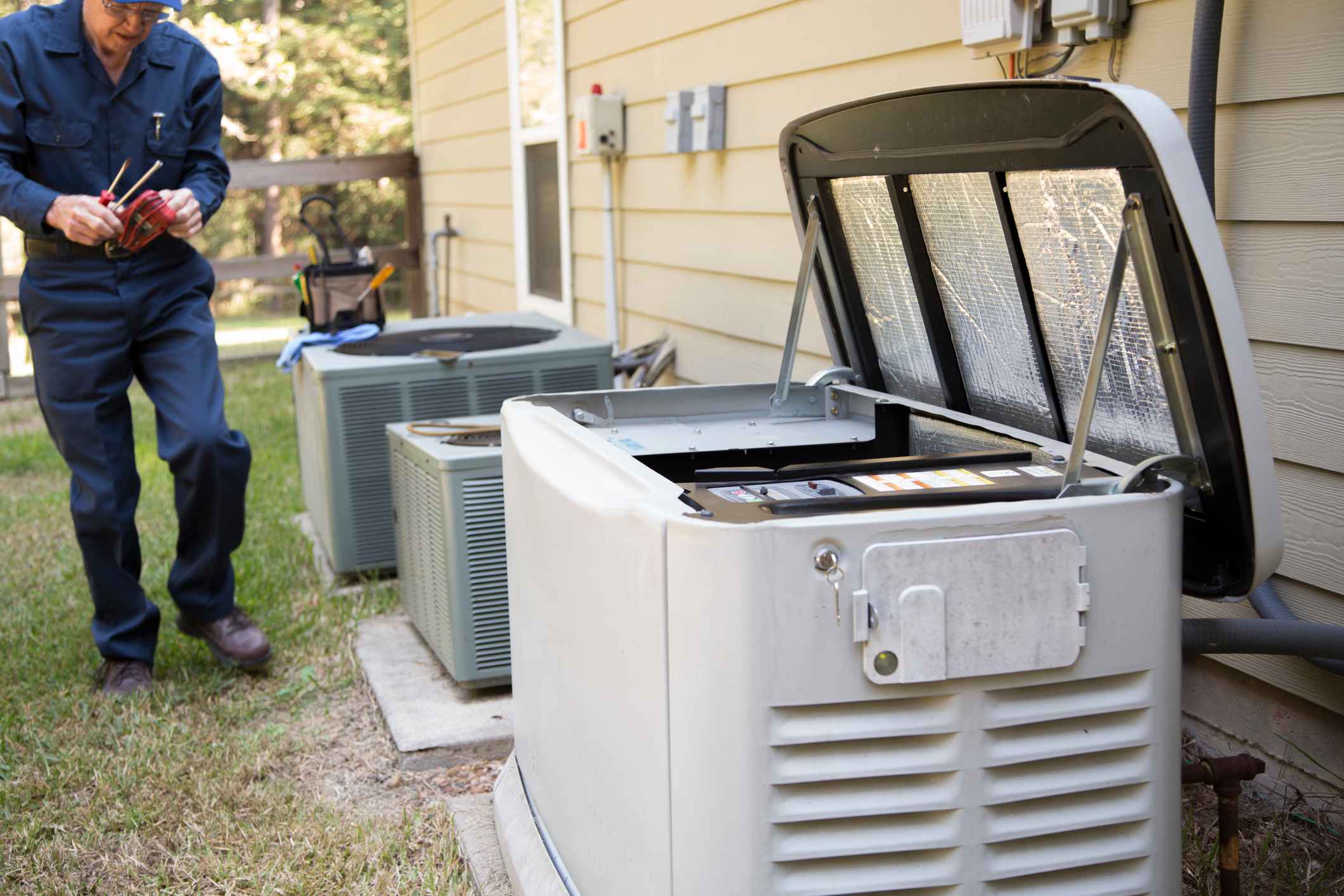
When preparing for power outages or embarking on outdoor adventures, the importance of having a reliable generator cannot be overstated. However, selecting the right generator size can be a daunting task, and choosing one that doesn’t meet your power needs can lead to frustration and inconvenience.
JMK Plumbing & Heating will be sharing the essential factors to consider when determining the ideal generator size for your specific requirements. Whether you’re planning for emergencies, camping trips, or powering your home, we’ll help you navigate the intricate world of generators to ensure you have the perfect power solution for your needs.
Understand the Wattage
Generators are rated with three different power specifications: starting wattage, running wattage, and surge wattage. These specifications help you understand the generator’s capacity and its ability to handle different types of electrical loads:
- Starting Wattage: Starting wattage refers to the maximum power output a generator can provide for a short duration, typically a few seconds, when starting electrical appliances or tools that require a surge of power to get them up and running. Appliances like refrigerators, air conditioners, and power tools often have motors that require this extra power to start. Starting wattage is higher than running wattage and is crucial to ensure the smooth operation of these devices.
- Running Wattage: Running wattage represents the continuous power output a generator can sustain over an extended period. It’s the amount of power a generator can deliver to keep appliances and devices running once they have started and stabilized their power consumption. Running wattage is typically lower than starting wattage and is used as a reference to determine which appliances can be powered simultaneously without overloading the generator.
- Surge Wattage: Surge wattage is another term for starting wattage and represents the extra power capacity a generator can provide for a brief moment to accommodate the initial surge in power demand when certain appliances or equipment start up. It’s important to note that surge wattage and starting wattage are often used interchangeably.
Figure Out the Appliances You Want to Run
To accurately determine the size of generator you need, it’s essential to create a list of the appliances and devices you intend to power during an outage or while on the go. Start by identifying critical items like refrigerators, heating or cooling systems, and medical equipment, as these require both starting and running wattage considerations. Next, assess your comfort and convenience requirements, including lighting, communication devices, and kitchen appliances. Don’t forget about power tools, if applicable, for DIY projects or emergencies.
Once you have a list, check the wattage requirements for each item and add them up to calculate the total power load your generator must handle. Remember that some appliances may have higher starting wattage demands, so ensure your generator’s surge capacity aligns with these peak needs. This thoughtful inventory of your power needs will guide you in selecting the right generator size to meet your specific requirements and keep you powered when it matters most.
Why You Should Rely on the Professionals for Generator Installation
Relying on professionals for generator installation is crucial for several reasons, ensuring a safe, efficient, and reliable power backup system for your home or business. Here are some compelling reasons to entrust generator installation to trained experts:
- Safety
- Compliance with codes and regulations
- Proper sizing
- Quality installation
- Testing and maintenance
Generator installation is a specialized task that requires expertise in electrical work, fuel systems, and local regulations. Relying on professionals ensures that your generator is installed safely, efficiently, and in compliance with all relevant codes, ultimately providing a dependable backup power source when you need it most.
Generator Installation in Fairfield County
Stay prepared and worry-free with a backup generator from JMK Plumbing & Heating in Fairfield County, CT. Our expert team will guide you through the selection process to find a home generator that’s perfect for you and your family. Contact us today to invest in safety and peace of mind during power outages today.

